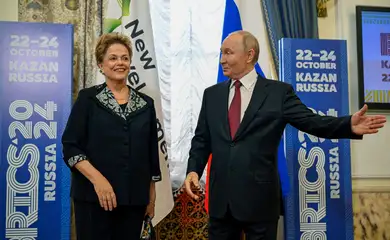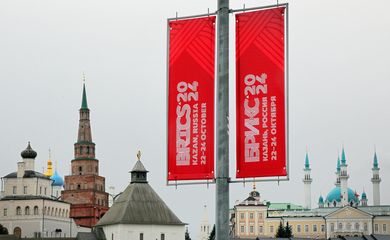BRICS: Brazil says it was just outlining criteria for new admissions

Brazil’s Ministry of Foreign Relations explained it does not advocate the admission of any specific nation to BRICS, adding, however, that it did advocate the creation of criteria and principles to guide the choice of the bloc’s new members.

According to the Secretary for Asia and the Pacific at the Ministry of Foreign Relations, Ambassador Eduardo Paes Saboia, the criteria include defending reform of the UN, not accepting unilateral economic sanctions, and having friendly relations with all the member countries.
Brazil’s position was clarified after the Venezuelan government said in a statement that Brazil had vetoed the Caribbean country’s entry into BRICS, and that the move was an aggression. Representatives of Brazilian diplomacy, however, maintain that the group has merely outlined criteria and principles for new members.
According to the Venezuelan Foreign Ministry’s note, “the Venezuelan people feel indignation and shame at this inexplicable and immoral aggression by Brazilian diplomacy, which is maintaining the worst of [former Brazilian President] Jair Bolsonaro’s policies against the Bolivarian Revolution founded by Commander Hugo Chávez.”
During this week’s BRICS meeting in Russia, the list of countries that could join the group as associate members was defined, but Venezuela was left out. By consensus of the ten BRICS member countries in Latin America, Cuba and Bolivia were selected. Nigeria, Turkey, Malaysia, and Indonesia were also cited as meeting the defined criteria.
Drifting apart
Brazil has been diplomatically distancing itself from Venezuela since the election on July 28 this year, which resulted in the re-election of President Nicolás Maduro. The outcome was contested by the opposition, international organizations, and other countries, including Brazil, on the grounds that the electoral data per polling station had not been presented.



